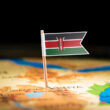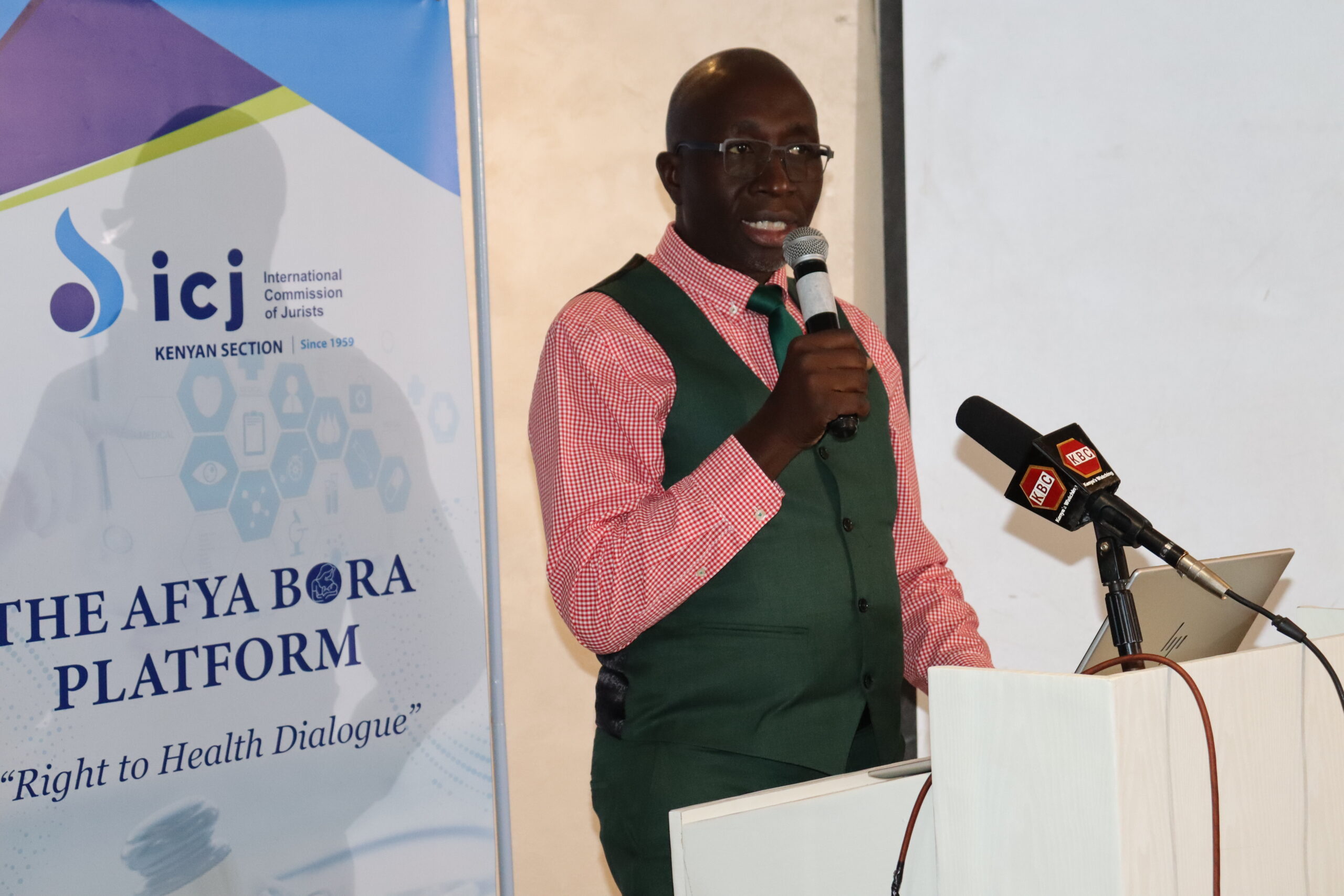NAIROBI,Kenya – The violent arrest of Ms. Grace Njoki Mulei under Section 95 of the Penal Code (Cap 63) which criminalizes “creating a disturbance likely to cause a breach of peace” evoked legitimate anger across the Country and drew a sharp focus on the continued enforcement of petty offences laws.
The offence of “creating a disturbance” exists in many post-colonial legal systems, including Kenya, as a public order offence. It is designed to address behaviours deemed disruptive to public peace, such as loud arguments, protests, or unruly conduct. However, this law, like many others in the realm of public order offenses, has deeply rooted colonial origins and has often been used as a tool for control rather than justice.
During the colonial period, laws such as those addressing “creating a disturbance” were introduced to suppress dissent, protests, and any activities perceived as threatening to colonial administration. These laws were codified in penal codes across colonies and were broad in scope to ensure the colonial authorities had maximum discretion in enforcement.
The colonial vagrancy laws were deliberately vague, allowing authorities to label a wide range of conduct as “disturbances,” from public gatherings to anti-colonial speeches, giving the colonial administration a pretext for arbitrary arrests.
The British colonial government in Kenya relied on public order offences, including laws on creating disturbances, to suppress the Mau Mau rebellion, labour strikes, and nationalist political gatherings. Whereas a number of countries there have made attempts to decriminalise this law, in many Countries including Kenya the law remains largely intact.
In the last few years, civil society organisations such as ICJ Kenya have been challenging the constitutionality of the continued enforcement of these laws under the Campaign to Decriminalise Poverty and Status on the grounds that the laws are overly broad and vaguely couched. Many petty offences, particularly vagrancy offences, are outdated and irrelevant in today’s society.
These kinds of petty offences border on criminalising homelessness and or poverty and such laws should be decriminalised. Many of these petty offence laws are minor and non-violent in nature and the effects of arrest and detention for a minor crime on individuals are severe. It’s a minor offence but attracts disproportionate punishment.
The vague language of laws on creating a disturbance gives law enforcement significant discretion, leading to arbitrary arrests and selective enforcement. These laws have been used disproportionately to target activists, protestors, and marginalized groups, mirroring its colonial roots as a tool for controlling dissent. The Overreliance on such laws risks violating constitutional freedoms, including the rights to freedom of expression, assembly, and association, as guaranteed under Articles 33, 36, and 37 of the Constitution of Kenya, 2010.
In June 2024, following the series of protests several persons were arrested and charged with Section 95 of the penal code. Ms. Grace Njoki’s criminal justice experience at the hands of law enforcement following her public engagement with the Cabinet Secretary for the Ministry of Health regarding the inefficiencies of the Social Health Insurance scheme is yet another chilling reminder that we need a national conversation on the state of the criminal justice system.
According to the Audit Report on the Criminal Justice System in Kenya in 2017, petty offences such as offences relating to lack of business licenses, being drunk and disorderly and creating disturbance comprise 70 per cent of the offences that are processed in the criminal justice system; 68 per cent of arrests and detention are for petty offences; and the majority of said offenders are underprivileged.
There have been valiant attempts to decriminalise laws that are overly broad by the National Criminal Justice Reforms Committee of the National Council on the Administration of Justice including the submission of a Penal Code Amendment Bill in 2023 and the development of the Guidelines on Law And Practice For The Management Of Petty Offenders.
Regionally the African Commission on Human and Peoples’ Rights has developed progressive tools such as the Principles on the Decriminalisation of Petty Offences and globally the United Nations Human Rights Committee has called for reforms to vague public order laws, urging states to align these laws with international human rights standards.
It is therefore high time that the Justice and Legal Affairs Committee of the National Assembly finally address the Penal Code Amendment Bill 2023 and ensures that these laws are decriminalised as they are subject to misuse as well as Advocates to move the courts to challenge the constitutionality of the laws to put an end to their abuse and misuse.
The unfortunate circumstance that befell Ms. Grace Njoki is a very live threat to anyone who exercises freedom of conscience and we must act now to safeguard the Constitutional freedoms enshrined in the Constitution. May this arrest never silence her and the activists who are fighting the good fight. Addressing this colonial legacy through legal reform and alignment with constitutional rights is essential to ensure justice, fairness, and the protection of democratic freedoms.
Julie Wayua Matheka is a programme Manager at the Kenyan Section of the International Commission of jurists (ICJ Kenya). This article was first published on the Star Newspaper.







